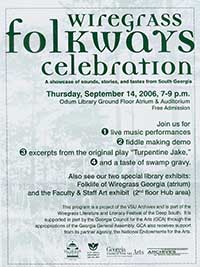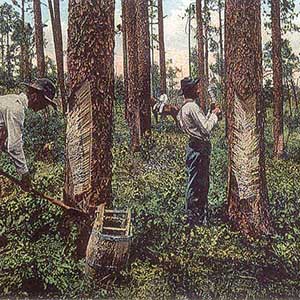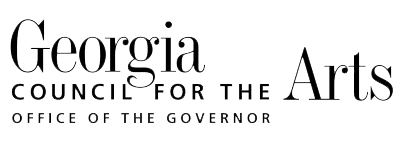Project History

The South Georgia Folklife Project (SGFP) operated from 1998-2005 with a National Endowment for the Arts Infrastructure grant as the South Georgia partner of the Georgia Council for the Arts Folklife Program.
From 1996-2005, the SGFP was a collaborative effort of the Valdosta State University (VSU) College of the Arts and the Georgia Folklife Program to provide support, documentation, and interpretation of traditional arts within a 41-county service area which stretches from the Alabama border to the Atlantic, and the Florida state line to Cordele.
The project began in 1996, with a small grant to independent folklorist and ethnomusicologist, Dr. Laurie Kay Sommers, from the Georgia Council for the Arts Folklife Program. Sommers had recently moved to Valdosta from East Lansing, Michigan, where she had been on the staff of the Michigan Traditional Arts Program and Curator of Folklore and Ethnomusicology at the Michigan State University Museum. She wrote the initial grant to continue the same kinds of public folklore programming and documentation in South Georgia. The 1996 grant funded baseline field documentation in the counties surrounding Valdosta and Lowndes County. The survey provided the groundwork for a follow-up grant to do a documentary radio series (Wiregrass Ways) which was produced and aired by Georgia Public Radio in 1998.

In 1997, Georgia's state folklorist at the time, Dr. Maggie Holtzberg, approached Sommers about applying for a new National Endowment for the Arts (NEA) grant program called the Folk and Traditional Arts Infrastructure Initiative. These grants were to support traditional arts infrastructure, including positions for professional public sector folklorists, and were intended to strengthen the mission of the state folklore program. Sommers secured the necessary match of financial commitment from the VSU administration, which continued its support of similar NEA infrastructure grants through June 30, 2005.
Beginning in 1998 (when VSU received its first NEA Infrastructure grant) and continuing through June 30, 2005, the South Georgia Folklife Project functioned as a regional folk arts program for south Georgia, serving a large and historically underserved rural region. The SGFP was based in the VSU College of the Arts. Sommers had the following duties as director of the South Georgia Folklife Project, all of which shaped the resulting collection: serve as South Georgia liaison for the Georgia Folklife Program; conduct folklife field research in the service area; develop a data base and resource center on South Georgia folk culture in conjunction with the Georgia Folklife Program and VSU's Odum Library; serve as a regional information source on traditional arts, artists, and organizations; network with local educational, arts, and cultural organizations to increase awareness and appreciation of traditional culture; provide training and technical assistance on documentation; teaching, and presentation of regional folklife; reach new audiences and underserved constituencies; disseminate research findings through specific projects which meet the SGFP mission, such as exhibitions, media programs, educational materials, workshops, and concerts; seek outside funding in support of project objectives; provide VSU students with academic courses and fieldwork opportunities involving traditional arts and folklife.
Throughout the ten years of the SGFP, specific initiatives received grant funding from other sources, among them the Georgia Council for the Arts, the Southern Arts Federation, the Georgia Humanities Council, the Fund for Folk Culture, and other grants from the National Endowment for the Arts. Because these were all public arts and humanities projects, most included both field documentation and public program elements, such as documentary radio, curriculum, exhibits, community documentation workshops, concerts and folk arts demonstrations. The collection subsequently reflects both research and programming components as well as administrative files for the various grants.
Through the work of the SGFP, VSU was able to include traditional arts within its mission of regional arts outreach and applied research. A folklorist based in south Georgia also enhanced efforts of the Georgia Folklife Program (Georgia Council for the Arts) to document, support, and interpret folk arts in the southern third of the state.
During the ten years of the project's existence, a significant resource collection was accumulated, including original field materials, vertical file material, and project files that cover traditional arts and artists from throughout South Georgia. For the lifetime of the SGFP at VSU, the resource collection was a working collection. With the end of the project in June 2005, this important primary material was transferred to the VSU Archives, where it will be cared for and made accessible to the general public as a resource on South Georgia heritage and tradition.



